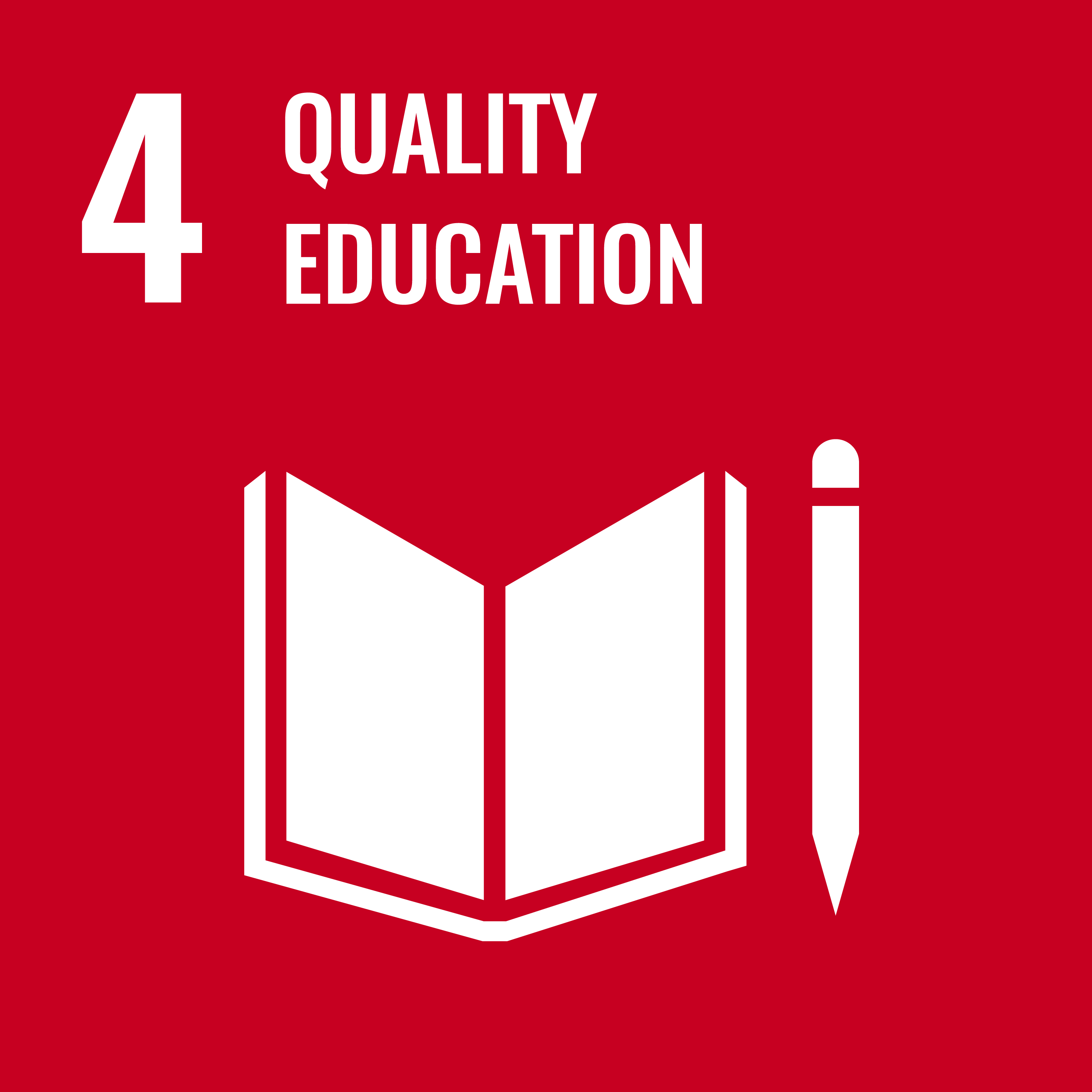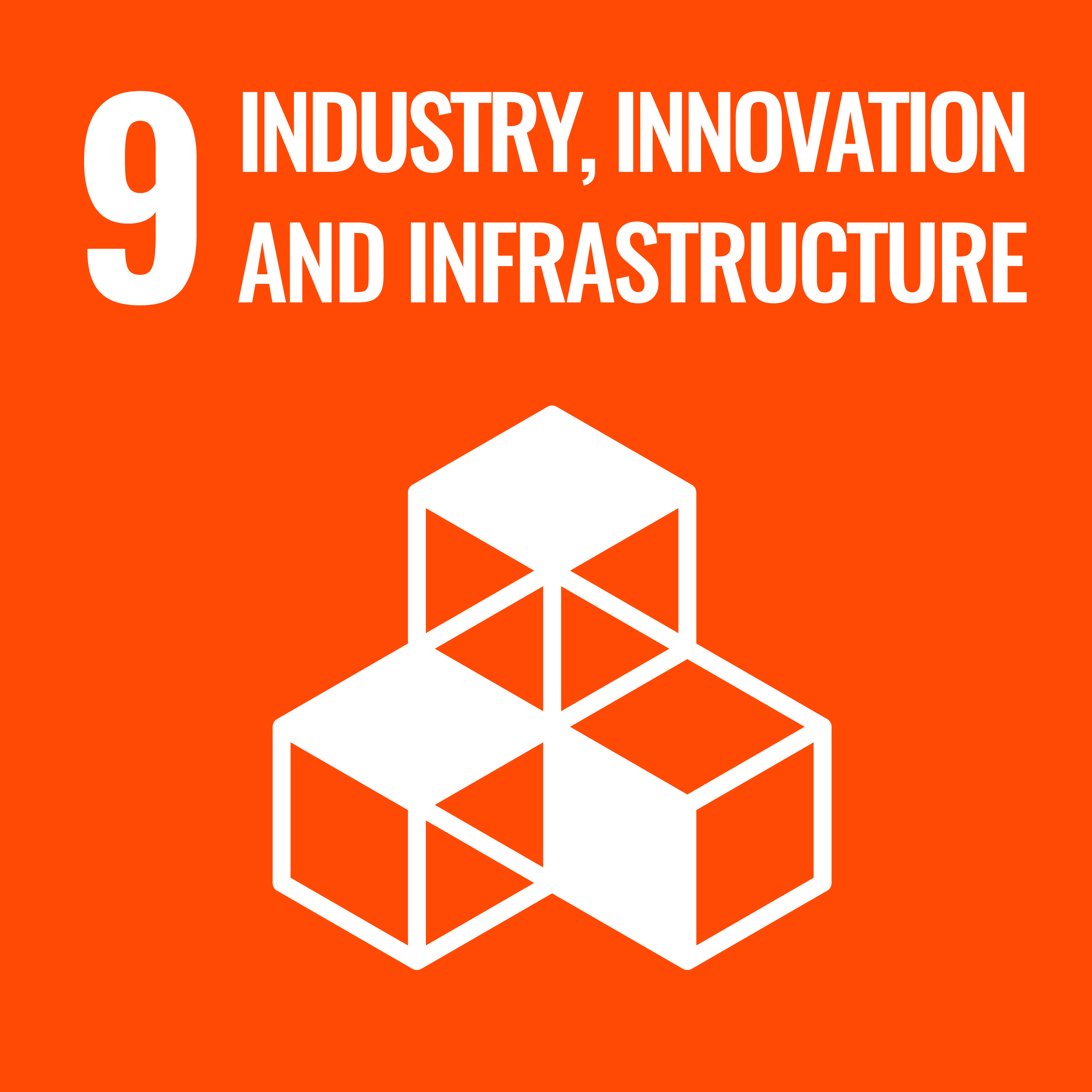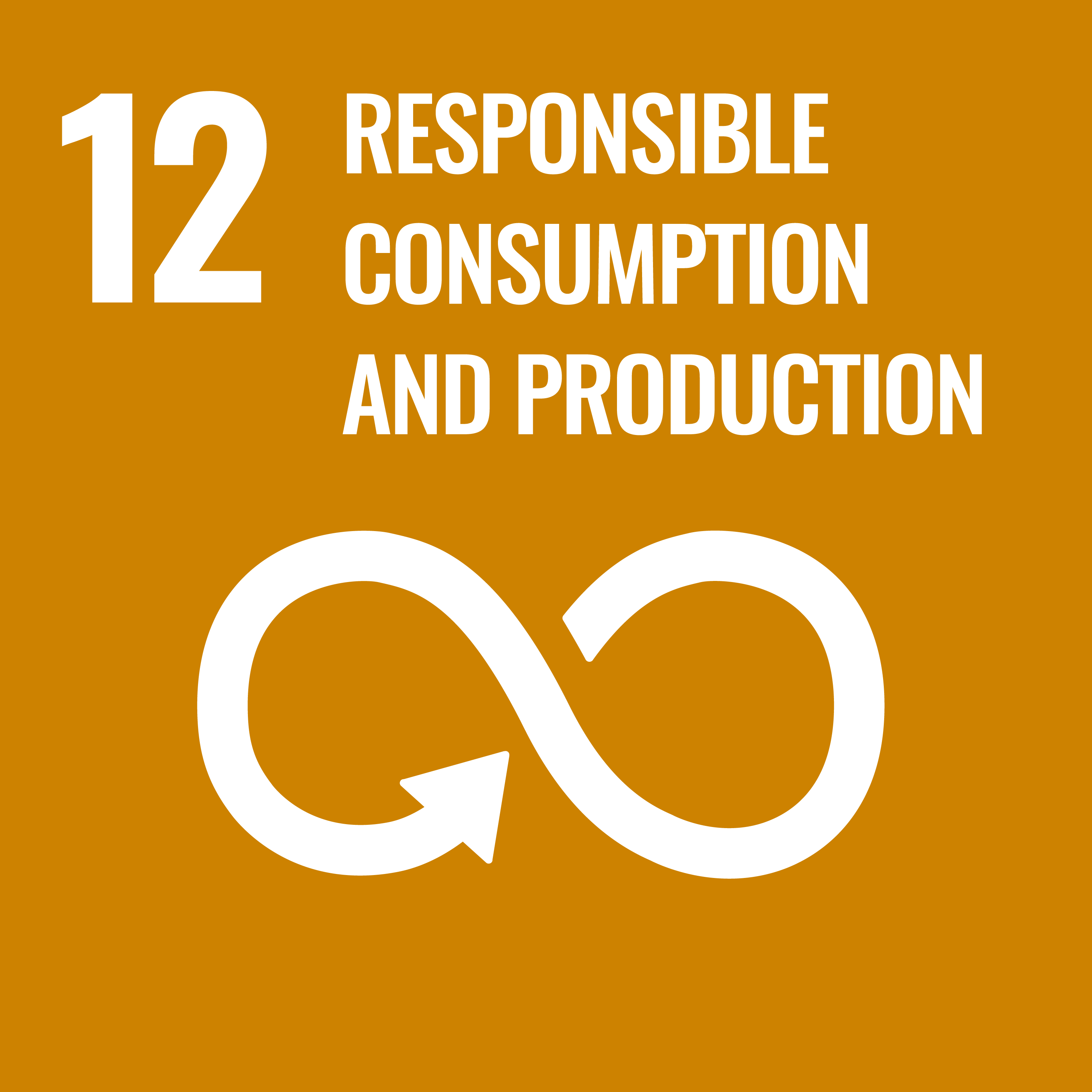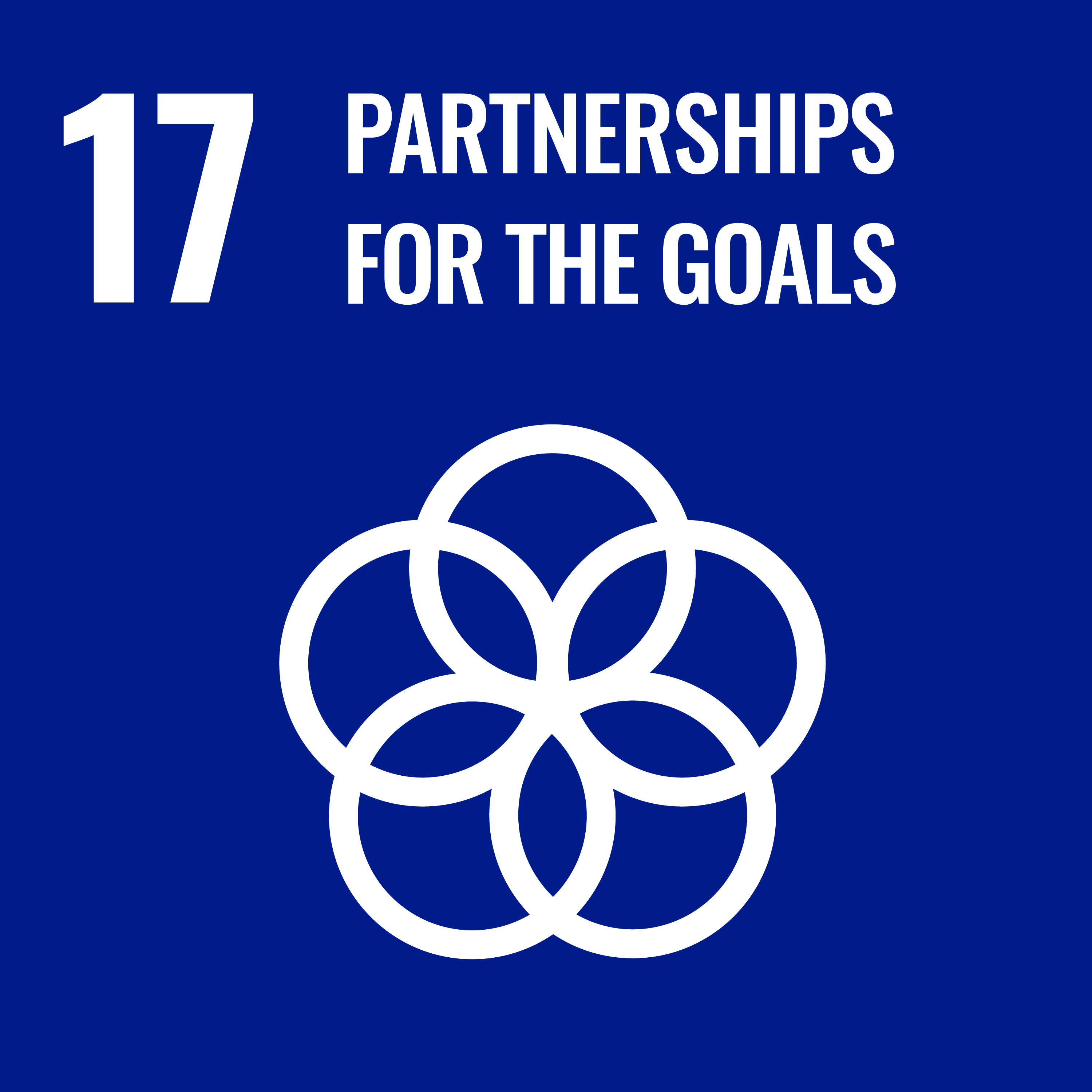- Student
- Student
- News
- Business School
- Doctoral School
- International Dean’s Office
- International Cooperation Office
- Academic Career Office
- Academic Sports Association
- Library
- Student Groups
- Internships
- Electronic Examination Center
- Scholarship office
- Finance Department
- Your Stay in Poland
- Academic Schedule
- The Centre for People with Special Needs
- Alumni and Students Association
- Personal Student Profile
- Support Zone
- Virtual University
- Contact
- Individual Study Plan
- Admissions
- Admissions
- Research
- University
- Erasmus+
Otwórz/zamknij menu dostępności przy pomocy klawisza Enter
Green Management






The partnership between GPM EMEA and the WSB University is aimed, above all, to jointly implement educational, scientific, research and development projects. Students of the University will gain access to an integrated approach to project management taking into account sustainable practices, i.e. Green Project Management. The partnership also opens the way for the implementation of apprenticeships by WSB University students in cooperation with GPM EMEA.
In addition, experts associated with GPM EMEA will cooperate with the academic staff of WSB University in the field of creating specialties and programs for higher and postgraduate studies, trainings and courses. They will include the comprehensive PRiSM™ (Projects integrating Sustainable Methods) and Standard P5 methodology developed by GPM Global in the program.
On 27 April 2021, a cooperation agreement was signed between the WSB University and GPM EMEA. The signatories of the agreement were the Rector of the WSB University, Dr. Zdzisława Dacko-Pikiewicz, Prof. AWSB, and, on behalf of GPM EMEA, the President of the Board, Ms Ewa Palarczyk, and the Vice President of the Board, Mr Tomasz Leśniowski. The meeting was also attended by Ms Ewa Bednarczyk - Business Development Director of GPM EMEA and the Deputy Dean of the Faculty of Applied Sciences, Dr Marcin Budziński.

Ewa Palarczyk
Prezes Zarządu GPM EMEA
- What is GPM certification?
Green Project Management is an integrated approach to project management with sustainable practices. Integrating them into the strategy of ongoing projects supports the long-term development of the organisation. Sustainably managed projects not only have a defined business impact, but also a positive impact on environmental and social aspects.
Since 2009, GPM Global has been providing the necessary methodologies and tools to support business operations, particularly in the areas of strategic and process change. I am pleased to represent GPM EMEA, which is part of GPM Global, responsible for promoting sustainable practices in Europe, the Middle East and Africa. GPM achieves its mission through the creation of international standards, training and certification, and professional assistance to companies, organisations and governments. GPM Global is the only international organisation working in the field of project management through the comprehensive Sustainable Project Management methodology PRiSM™, Standard P5 - a complete tool to analyse the economic, environmental and social impacts of a project.
On the basis of the PRiSM™ Sustainable Project Management methodology and the P5 Standard, a system of training and a three-tier international certification has been created. Thanks to the cooperation between GPM EMEA and the WSB University, students of WSBU have the opportunity to gain knowledge and take the GPM-b certification. Those who are certified become part of the international register of project managers certified by GPM Global.
It is worth mentioning that this is an international certificate, recognised in one of the fastest growing areas of knowledge and competence of tomorrow.
-
It is worth emphasising that the word 'green' in the name does refer just to so-called 'green eco subjects', but is a much broader concept.
The Green Project Management approach talks about how to manage projects in a sustainable way and thereby change organisations and achieve business benefits. It is also about the added benefits of sustainability - socially and environmentally. The approach shows how to consciously build business value and achieve measurable results, transforming business models, through sustainable practices. It is therefore a much broader approach than so-called 'green eco topics'.
- What are the benefits of GPM certification for students and employees?
Employers are looking for confirmation of competence in such rapidly growing areas as project management and, for some years now, CSR (Corporate Social Responsibility) or ESG (stands for Environmental, Social, Corporate Governance) reporting of non-financial factors. There are several recognised project management certifications on the market, however, they do not address the tools or how to run projects with sustainability in mind, even though virtually every methodology emphasises the fundamental importance of sustainability.
The GPM certifications therefore provide a unique specialisation for project implementers so that projects are run in a sustainable way in terms of project outputs as well as the processes carried out. Students will gain proven skills and knowledge in applying sustainable methodologies to projects and project management, allowing them to stand out from the vast majority of project managers in the market and open up new career opportunities.
As far as employees are concerned - the knowledge of sustainable project management includes a package of practical methods, tools and ways to implement them in order to consciously deliver projects in a sustainable manner. The certificate is a confirmation of the competences acquired.
-
Is it a popular certification among universities in Poland and in our region?
As a GPM, we cooperate with many universities around the world, on all continents. The WSB University is the second university in Poland and the only one in the Silesian voivodeship with which we have signed an agreement and which can boast GPM certification. At this point, it is worth mentioning that cooperation with the WSB University has been extremely dynamic, as evidenced by both the exceptionally broadly trained teaching and research staff and the inclusion of sustainable management issues in so many of our courses.